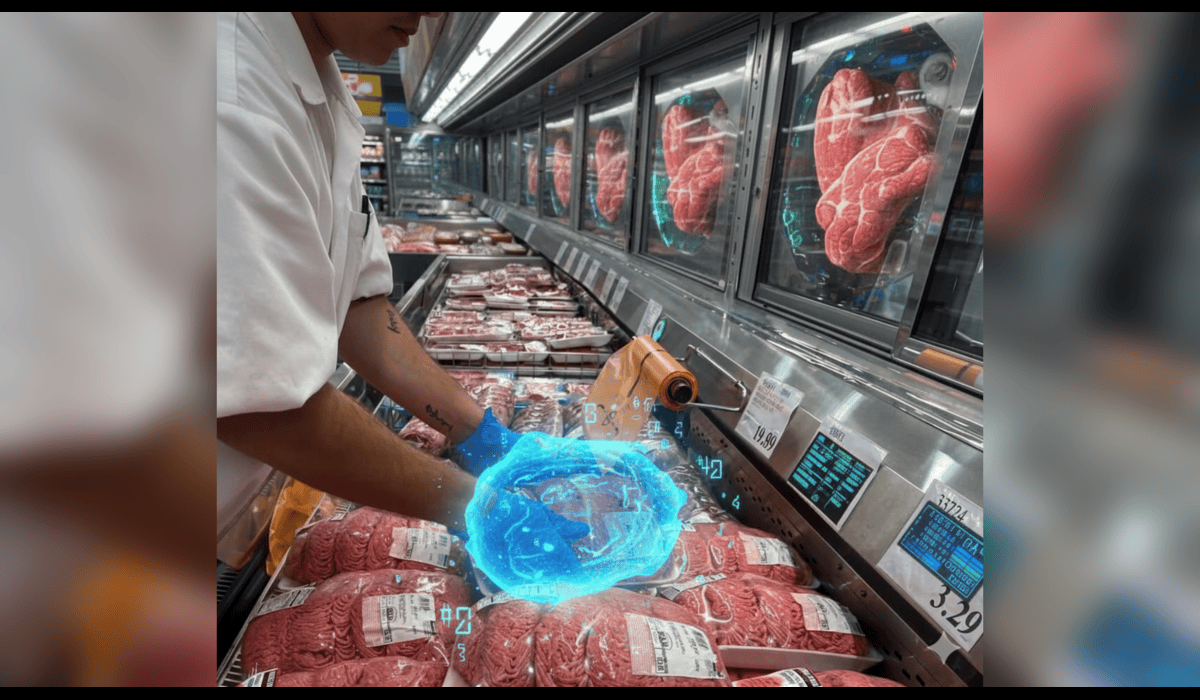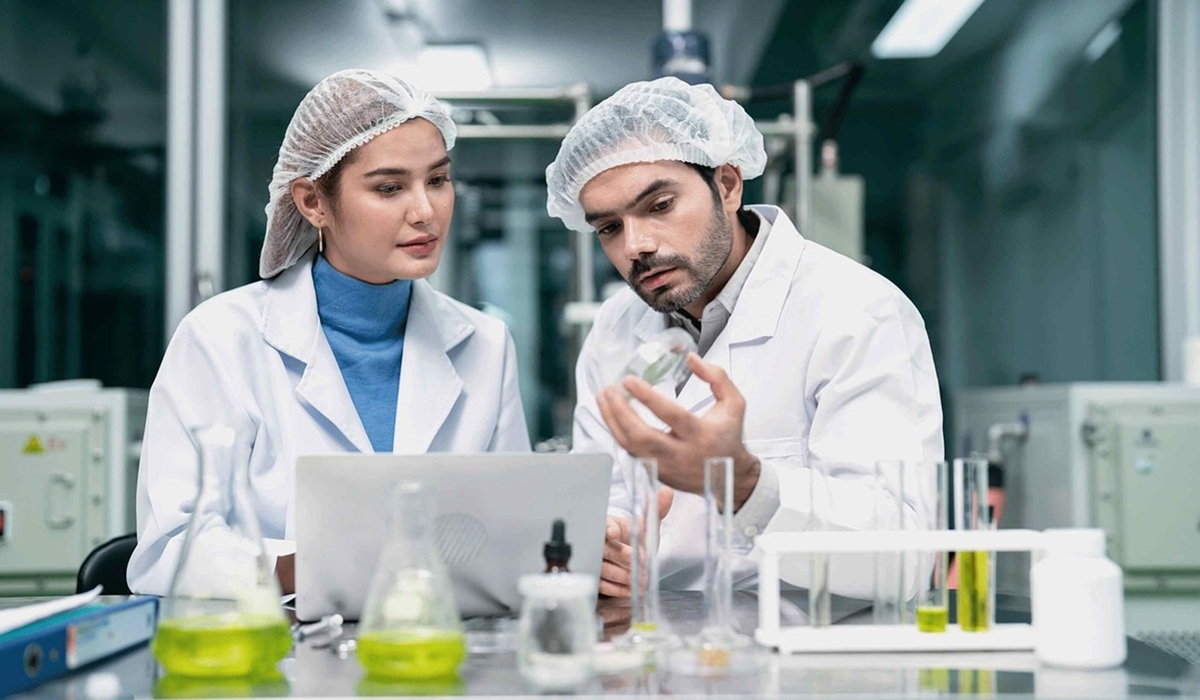Ambassador Wang Di Offers Olive Branch on Canola as Carney Moves Toward Independent Trade Reset
- TDS News
- Canada
- October 11, 2025

By: Donovan Martin Sr, Editor in Chief
China’s Ambassador to Canada, Wang Di, has extended a diplomatic olive branch, signaling that Beijing is prepared to lift tariffs on Canadian canola and other agricultural products if Ottawa removes its tariffs on Chinese electric vehicles. The ambassador’s remarks, made during an interview on CTV’s Question Period with Vassy Kapelos, were viewed as a pragmatic step toward rebuilding a relationship that has seen unnecessary strain in recent years. His tone was balanced and diplomatic, signaling a genuine willingness from Beijing to re-engage with Ottawa on practical terms.

Ambassador Wang emphasized that China’s tariffs were not imposed in isolation but as a direct countermeasure to Canada’s own tariffs on Chinese EVs, steel, and aluminum. “China’s tariffs on Canadian agricultural products are a countermeasure against the EV tariffs and the unilateral unjustified tariffs on China’s steel and aluminum products,” he said. The statement reflects a growing willingness by both nations to move beyond tit-for-tat trade responses and return to dialogue grounded in reciprocity and mutual respect.
The timing of this outreach could not be more significant. Since taking office, Prime Minister Mark Carney has made clear his intention to pursue a more independent foreign policy—one that puts Canadian interests first, without being tethered to Washington’s shifting economic agenda. This marks a decisive break from the Trudeau era, when Ottawa often mirrored the United States on key trade issues, including the decision to impose tariffs on Chinese EVs. Many experts have since argued those measures were unnecessary, considering Chinese electric vehicles accounted for less than one percent of imports into Canada at the time.
While the stated goal was to protect domestic industries, the real consequences fell on Canadian farmers. China’s retaliatory tariffs on canola, peas, and other agricultural exports hit hardest in the Prairies, particularly in Manitoba and Saskatchewan, where farmers rely heavily on international markets. When China imposed temporary anti-dumping duties of more than 75 percent on canola seeds in 2025, it further disrupted a trade flow worth billions of dollars annually.
Now, Ambassador Wang’s comments have opened the door to resolving that impasse. His message was clear: if Canada reconsiders its tariffs on EVs and industrial metals, agricultural exports could once again flow freely. For producers across the Prairies, this represents not just an economic opportunity but a return to stability for thousands of families and businesses whose livelihoods depend on global markets.
Premiers Wab Kinew and Scott Moe have both pressed Ottawa to make restoring full access to China’s market a top priority. China remains the world’s largest consumer market and among the top buyers of Canadian agricultural goods. Re-establishing that access means getting Canadian canola, peas, and wheat back into circulation across Asia—where demand remains strong and growing.
“Given the importance of canola and pork to Manitoba and a prairie economy, I encourage our government to pursue a negotiate a resolution: eliminate the EV tariff in exchange for restoring full access for Canadian agricultural products to the Chinese market this would uphold regional fairness and prevent further damage to products and families.” Said Premier Kinew. He further added, “The ambassador’s comments offer a clear path to de-escalation and relief for our agricultural sector”
Under Carney’s leadership, Canada’s trade posture has begun to evolve from reactive alignment to strategic independence. While maintaining a strong relationship with the United States, Carney has made it clear that partnership does not mean subservience. His approach contrasts sharply with both the Trudeau government’s deference and the protectionist policies seen under U.S. Presidents Trump and Biden.
Trump’s “America First” economic doctrine, while politically popular at home, has been widely criticized for its global fallout. His tariff wars, launched under the guise of protecting American manufacturing, led to devastating consequences for U.S. farmers. Soybean exports to China collapsed during the height of the trade dispute, forcing the U.S. government to issue billions in subsidies to keep family farms afloat. Pork and dairy producers faced similar setbacks as markets closed and retaliatory tariffs piled up. The result was an agriculture sector weakened by political gamesmanship and uncertainty, rather than strengthened by strategic foresight.
For Canada, the lesson is clear: following the U.S. lead on punitive trade policy has no upside. The “America First” playbook is not designed to produce win-win outcomes—it is designed to prioritize one nation at the expense of others. Canada, with its deep agricultural and resource-based economy, cannot afford to be collateral damage in someone else’s trade war.
Carney’s more measured, Canada-first approach seeks to correct that course. His administration recognizes that sustainable trade cannot be built on exclusion or rivalry but on engagement and balance. Reopening agricultural trade with China does not mean turning away from allies; it means acting in the best interests of Canadian workers, farmers, and consumers.
Looking ahead, this moment represents an opportunity for Canada to lead rather than follow—to chart an independent course grounded in diplomacy, economic pragmatism, and self-determination. Ambassador Wang’s remarks offer a tangible opening to reset relations, rebuild confidence, and restore access to markets that have long sustained the Canadian economy.
The path forward requires humility, strategy, and balance. It means acknowledging past missteps under the Trudeau administration, resisting reactionary trade pressures from Washington, and choosing engagement over isolation. If managed wisely, this new chapter could mark the return of Canadian canola, wheat, and agricultural excellence to millions of tables across China—proof that diplomacy and independence remain Canada’s most valuable exports.








